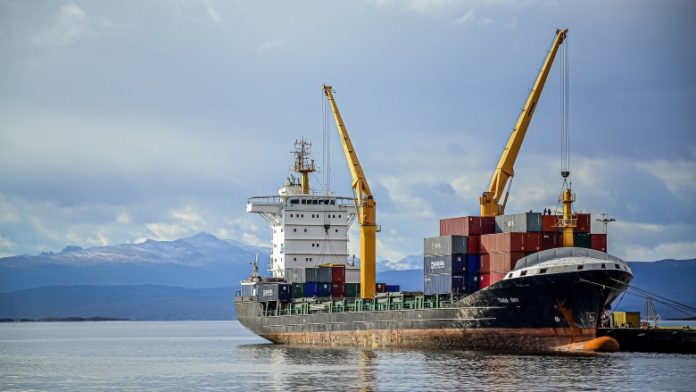War risk insurance premiums for shipments through the Red Sea are rising after further attacks on merchant vessels by Yemen’s Houthi movement and the expectation that ships with a UK or U.S. connection will be targeted, insurance sources said on Tuesday.
The Iran-aligned Houthis, who are well equipped and trained, have launched multiple attacks on ships in the Red Sea since November. They will expand their targets to include U.S. ships, a Houthi official said on Monday.
Even before the recent Houthi attacks, the London insurance market listed the southern Red Sea among its high risk areas and ships need to notify their insurers when sailing through such areas and pay an additional premium, which until earlier this month was typically for a seven-day cover period.
Insurance industry sources said that war risk premiums had risen to around 1% of the value of a ship, from around 0.7% last week with various discounts applied by underwriters. They added that rates were expected to move higher.
This translates into hundreds of thousands of dollars of additional costs for a seven-day voyage.
The terms being offered for war risk quotes are now significantly shorter, “with 24 hours being the norm”, said Munro Anderson, head of operations at marine war risk and insurance specialist Vessel Protect, which is part of Pen Underwriting.
“Rates are increasing which is reflective of the significant and opaque risk exposure within the Red Sea,” he told Reuters.
“Since the naval and air strikes in Yemen, it is now broadly considered that, in addition to Israeli-connected vessels, there is an elevated threat to vessels associated with the UK, U.S., including dependent flags, as well as those connected to Australia, the Netherlands, Bahrain and Canada,” he added referring to a U.S-led navy coalition trying to safeguard commercial shipping.
U.S.-based operator Eagle Bulk Shipping said on Monday one of its vessels was hit by an “unidentified projectile” while sailing 100 miles (160 km) off the Gulf of Aden.
“The Houthi attacks are encompassing all vessels with less and less clear criteria,” an insurance source said. “U.S. and UK flags are advised now that they should not go through the Red Sea.”
The Houthi militant group, which controls the most populous areas of Yemen after nearly a decade of war against the Western-backed and Saudi-led coalition, has emerged as a strong supporter of the Palestinian Islamist group Hamas in the latter’s war against Israel.
In recent days, commercial ships have halted voyages through the Red Sea, with more taking the longer voyage via the southern Africa’s Cape.
“With tensions rising in the Red Sea, the cost of transporting goods globally will increase and inevitably trickle down to the end consumer,” said Nicole Hudson, director at supply chain platform e2open.
A combination of higher insurance rates and also rising fees for using the Suez Canal, has meant that it is becoming cheaper to take the longer route, which could also mean less certainty over deliver times, shipping sources said.
“Shipowners and charterers may find that rerouting around Africa is more cost-effective than incurring the combined costs of Suez Canal transit fees and insurance premiums,” broker Clarksons Securities said in a note this week.
The U.S.-led coalition is weak because regional powerhouses Saudi Arabia, the United Arab Emirates and Egypt did not take part, Yemen’s vice president said on Tuesday.
“If the U.S.-led coalition fails to thwart further attacks and ensure the freedom of navigation in the region, we anticipate that war insurance coverage will become unavailable, forcing most of the traffic to use the much longer route around the Cape of Good Hope,” Ratings service Morningstar DBRS said in a note on Monday.
Source: Hellenic Shipping News






